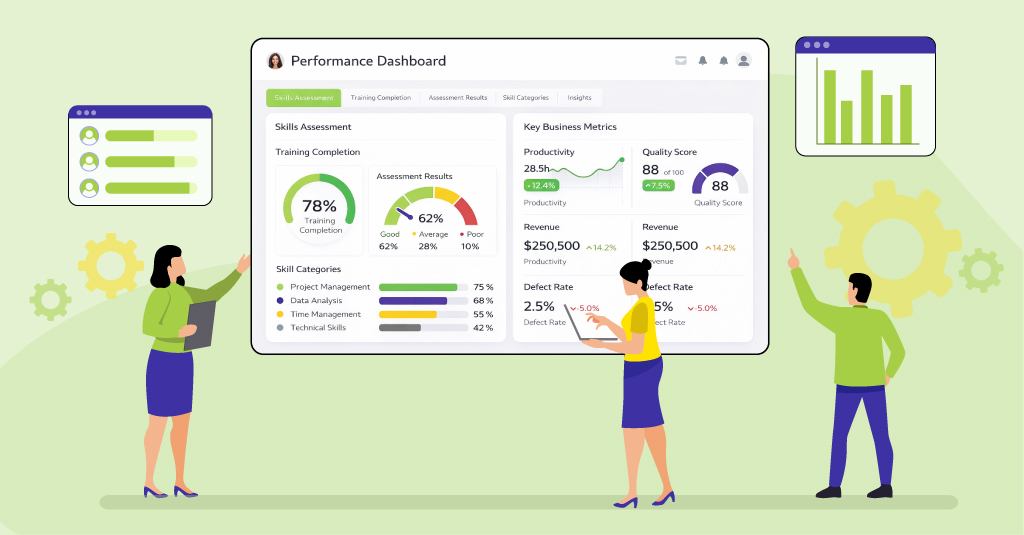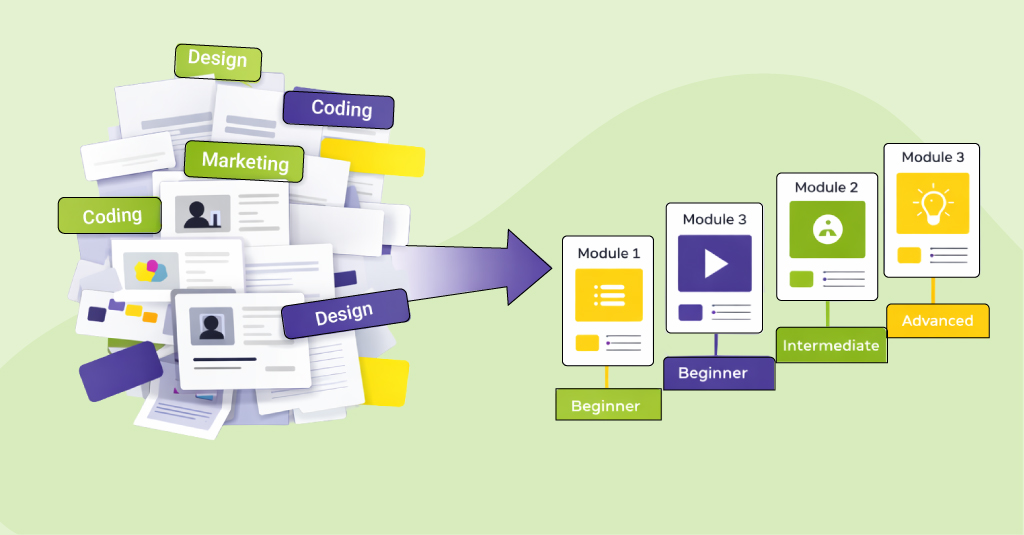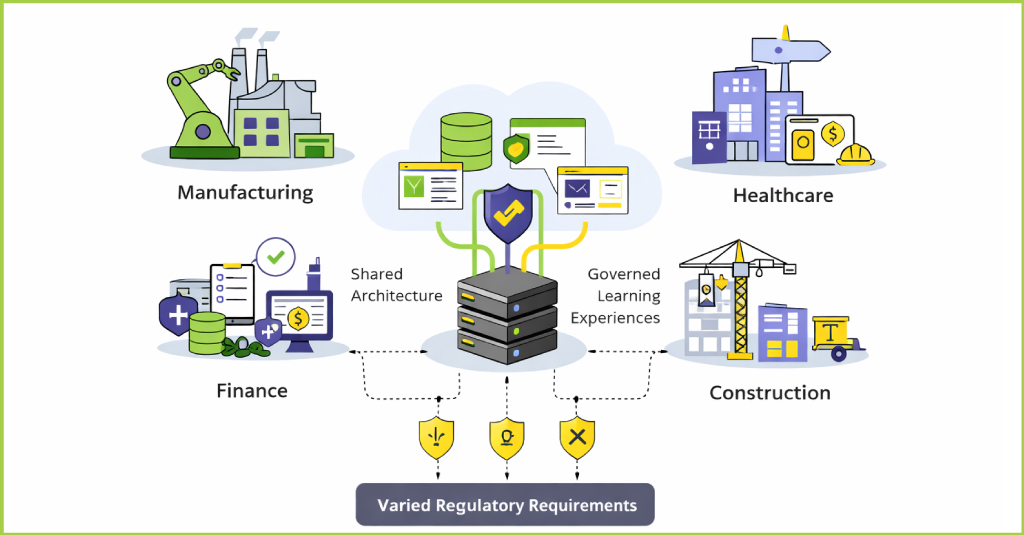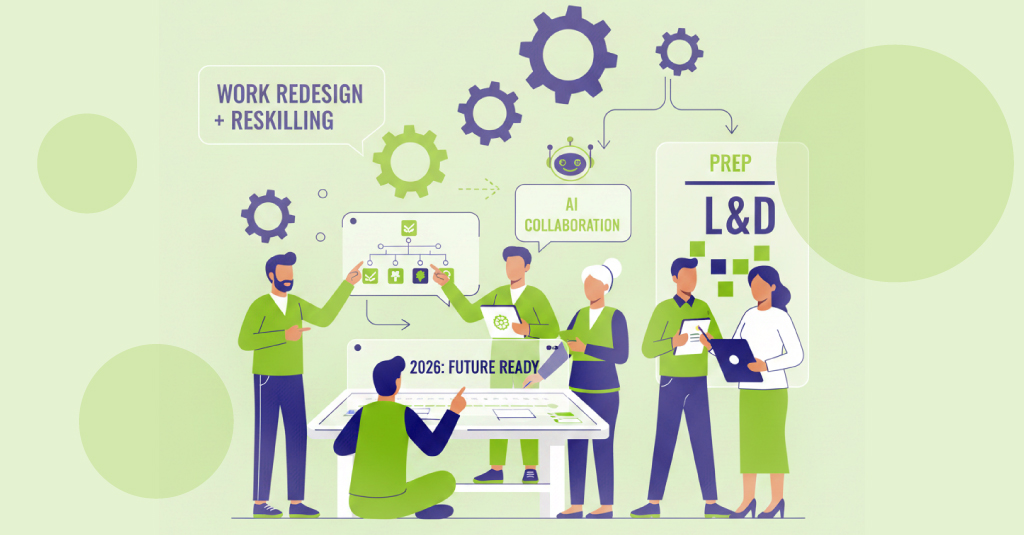Recently I read an article in Forbes about using algorithmically generated articles in publications. That was quite amazing, and set me thinking about the possibilities such technology would bring to learning. For years, learning/training as revolved around the generation of ‘content’, in fact for a number of years learning was all about content and methods to deliver it to learners. The internet and the profusion of user-generated content has changed that, so much content, and so many methods to deliver it. This profusion serves very little purpose for learning unless ‘sense’ can be made of it. Algorithms enter the picture at this point, they are already playing significant roles in our lives, some very apparent, others not so much. It doesn’t take much of a stretch of imagination to put algorithms, user-generated content and the hundreds of millions of social connections that exist to use together to actually ‘create’ content.
Algorithmic generation of content has existed for a while now, most commonly used in games to generate content used to populate the game environment; I stumbled on this great wiki that lists the ‘Algorithms for Procedural Content Generation’, it makes for interesting reading. So how long before we have algorithms that are setup to create ‘learning material’ by constantly monitoring streams of user generated content, monitoring individual context. Then actually delivering this content to users using social or environmental awareness in some form. It’d probably mean the end of ‘training content’ as we know it. If and when such a time comes – curation will become what humans do, content will be created by machines. In the future of learning, being able to find, rate, package, even ‘create’ content will be the domain of algorithms assisted by humans, rather than the other way around. The first inklings of this are already visible, in the form of search, discovery and sharing services such as Scoop.it and Summify and a whole lot more. Here is an entire list of such services.
While these services are helping us deal with the information overload, they still rely on human users to generate the content that the services reference, rank and share. The algorithms the services use don’t really create the content, but that will change soon. We will have algorithms that actually glean information from various streams and write content. I’m inclined to agree with Dan Woods mentions in his article at Forbes:
- Algorithmic content creation will play a role in creating types of content that we are not using now.
- Algorithmic content creation will accelerate and enhance the traditional process of content creation.
- Algorithmic content creation will support new types of hybrid content that is collaboratively created by humans and machines.
- Algorithmic content creation changes the economics of publishing.
- The automation pioneered by algorithmic content creation will improve traditional publishing.
These observations apply ‘learning content’ just as they do to publishing. It’ll be interesting to see how these new tools for content generation will impact training.



















